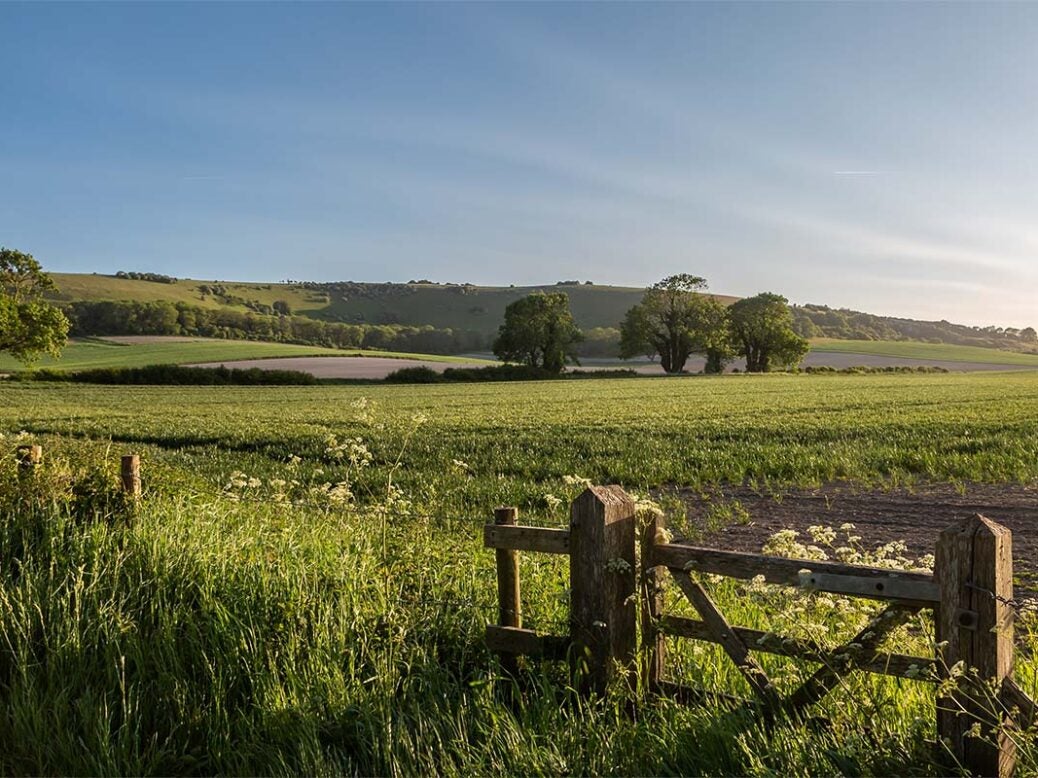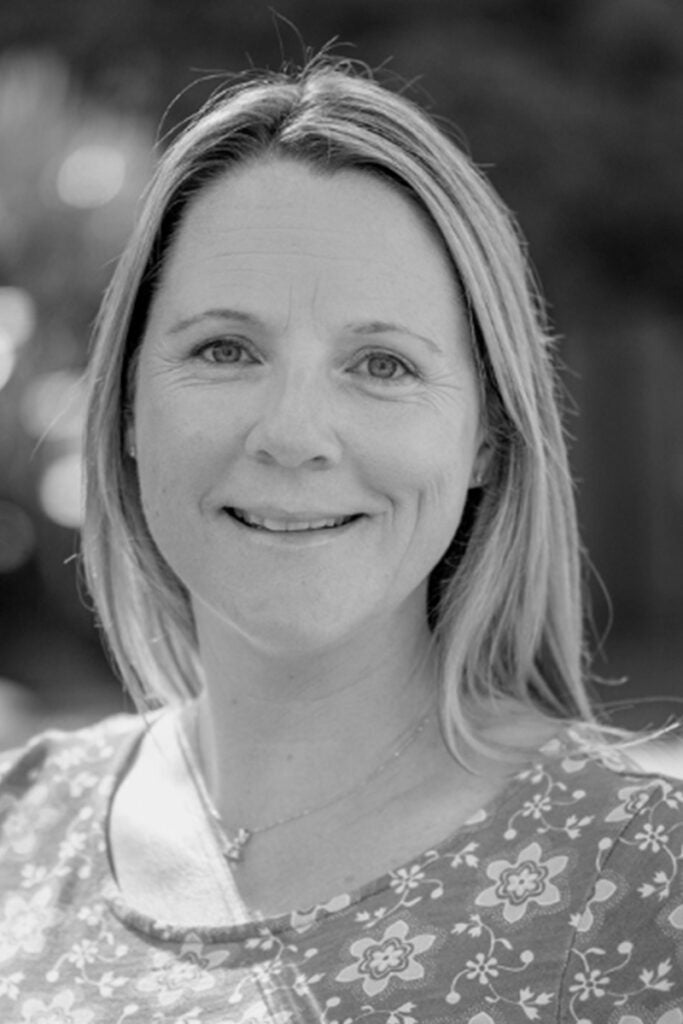
Once an area dominated by families whose assets, properties and titles were passed from one generation to the next, today’s owners of landed estates range from institutions to high-net-worth individuals seeking to diversify their business interests.
[See also: Best landed estate lawyers 2024]
This democratisation of ownership is just one of the factors shaping the industry landscape, which is rapidly shifting in the face of new legislation, environmental factors and a shortage of talent.
To mark the launch of the Landed Estate Lawyers Index 2024, four leading advisers share their views on the biggest challenges and emerging trends.
A new generation of owners
Decline of primogeniture

Family-owned estates, and any associated titles, have traditionally been inherited by the eldest son or male relative. However, there has been a decline in primogeniture over the last decade, observes Sarah Jordan, partner at Moore Barlow, leading to a more complex – but ultimately fairer – succession planning process.
‘There has been a noticeable move in the last decade for succession planning to focus on inheritance by the “most appropriate” daughter or son,’ she explains. ‘Such a shift in traditional succession planning is generational, it takes time, but I am starting to see this play out over the course of my career.’
She adds: ‘There is still a lack of female freehold ownership of landed estates, but this will come through generational shifts moving forwards.’
Global ownership
James Liffen, a Spear’s Top Flight property lawyer and partner at Mishcon de Reya, notes the stratification of wealth has led to more global interest. He continues: ‘Although it would be an oversimplification to suggest that estates were once held by “local” families, it was – and often still is – the case that the owners had deep ties to a region and the local community.
[See also: The best property lawyers 2024]
‘During the course of my career, I have seen a trend away from owners with those local ties and towards the acquisition by the global elite whose reasons can range from the diversification of their business interests to a lifestyle choice.’
Henry Cecil, partner at Forsters, says that although British farmers and entrepreneurs make up the ‘vast majority’ of buyers and sellers, there has been a recent uptick in interest from American buyers.
Build-your-own estate
An influx of self-made cash buyers over the last 10 years has led to the creation of new estates. As Jordan explains: ‘We have seen a rise in City money building their own country house estates, or purchasing the odd landed estate that becomes available, although few do come to market.
[See also: Best country property specialists 2024]
‘We have acted for City clients buying the country house of their dreams in their preferred location and subsequently building an asset base around this home, buying and negotiating to purchase as much land and property in the vicinity of the home as they can.’
Rise of the next generation
Idina Glyn, a partner at Mishcon de Reya, notes younger landowners in their thirties and forties want to put their own stamp on estates – either those they’ve bought or inherited from family. ‘They see the estate’s potential as a destination, selling a lifestyle and not just a selection of tenants’ businesses and let farms,’ she says. ‘Brand, reputation and ESG matter, as does the family’s privacy and defending that in the press.’
Liffen adds this change in ownership is ‘no bad thing’. ‘Often new owners bring new ideas.’
Legislative changes
There is a ‘Damoclean sword of threatened legislative changes hanging over the heads of estate owners’, says Glyn. Among them are amendments to planning laws and the Renters (Reform) Bill which will affect residential lettings, including energy efficiency requirements, and could come at a huge cost to estate owners – particularly those with sizeable portfolios.
The phasing Basic Payment Scheme (BPS), which has previously acted as a safety net for farmers and crofters by supplementing their main business income, also presents a ‘challenge’ for in-hand estates, observes Cecil. However, it could lead to ‘significant opportunities’ with ‘new streams of income in natural capital markets’.
Diversification

‘We are noticing the growth in interest for landowners wanting to enter into natural capital markets ranging from biodiversity net gain projects, to nutrient neutrality and exploring landscape recovery schemes,’ continues Cecil.
‘More and more opportunities are being presented by emerging nature finance markets. There are some clients who are reacting to market demand for biodiversity credits but also preparing themselves for the wider nature market finance to arise, for example, regenerative farming opportunities.
[See also: Neighbourhood watch: where the super-rich really live in London]
‘The recent expansion in the scope of Agricultural Property Relief which to now includes environmental land management schemes is a step in the right direction for landed estate owners to have confidence to enter into natural capital markets.’
There are also opportunities in renewable energy and other projects. He adds: ‘The bottom is, diversification on landed estates is on the rise, but there are always challenges when trying to diversify and some uncertainty in emerging markets.’
Climate change

Glyn notes in-hand farms face a tricky year due to the ‘unprecedented’ wet weather. This direct impact of climate change means landowners must also be pioneering in their response.
‘We are seeing this through flooding in parts of the UK at the moment,’ says Cecil. ‘Whilst this is area dependent, landed estates will have to be prepared for changes in their responses to environmental and climate change factors.’
A shortage of talent
The role of an ‘estate manager’ is more far-reaching than ever, but finding multi-faceted employees to take up these positions is increasingly difficult, says Glyn.
‘Recruitment, with estates diversifying into increasingly specialised fields, such as vineyards or retail, and limited numbers of those with suitable expertise willing to work in-house on traditional estate office salaries,’ she explains. ‘Running an estate office needs an understanding of a wider range of sectors than ever before, and the stakes are higher too: estate brands and names are valuable – reputation matters – and the cost of investment in new sectors (for instance, where it needs new plant and machinery) is higher than ever.’
So you want to own a landed estate?
All advisers agree on the importance of putting together a specialist team for any individual seeking to purchase a landed estate.
‘You need to compile your professional team to support you with the purchase and long term running of the estate,’ explains Jordan. ‘The team should include your accountant, buying agent, managing agent, banker, financial adviser, and lawyer. Those who do this well and are successful with their purchase compile their “circle of trust” team long before they start looking for their estate.
‘The team and the client should all work together and meet regularly to plan for the purchase and ongoing running. Every individual must have experience with landed estates and understand why there is so much inter-linking between the tax planning structure of the purchase, the property ownership structure for the purchase, the financial structure and the management needs.’







